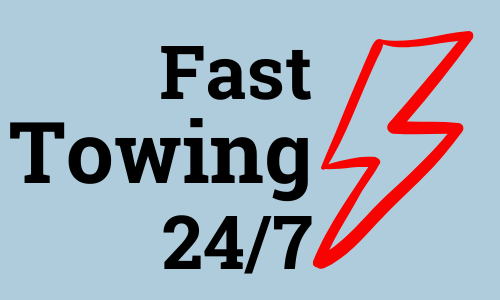Make Proper Disposal of Hazardous Waste Part of Your Spring Cleaning

For a lot of arlington residents, springtime means taking a deep dive into the garage to dig out the gardening tools or do some tidying up.
Unfortunately, these activities can also bring an increase in improper disposal of household hazardous waste into city stormwater and sanitary sewer drains. Remember, household hazardous waste such as paint, motor oil, and pesticides, from individual households may be dropped off free of charge at the Environmental Collection Center, 6400 Bridge Street, Fort Worth (near I-30 and Loop 820). Proof of Arlington residency such as a current driver's license or water bill is all you need. Click here for more details, such as center hours.
Please help keep our environment and city workers safe by following these guidelines from the City of Arlington website:
Leftover household products that contain corrosive, toxic, ignitable, or reactive ingredients are considered to be "household hazardous waste" or "HHW." Products, such as paints, cleaners, oils, batteries, and pesticides, that contain potentially hazardous ingredients require special care when you dispose of them.
Improper disposal of household hazardous wastes can include pouring them down the drain, on the ground, into storm sewers, or in some cases putting them out with the trash. The dangers of such disposal methods might not be immediately obvious, but improper disposal of these wastes can pollute the environment and pose a threat to human health. Certain types of HHW have the potential to cause physical injury to sanitation workers, contaminate septic tanks or wastewater treatment systems if poured down drains or toilets, and present hazards to children and pets if left around the house. To avoid the potential risks associated with household hazardous wastes, it is important that people always monitor the use, storage, and disposal of products with potentially hazardous substances in their homes. Below are some tips for individuals to follow in their own homes:
Use and store products containing hazardous substances carefully to prevent any accidents at home. Never store hazardous products in food containers; keep them in their original containers and never remove labels. Broken and leaky containers should be placed in a second container of like material (i.e. glass for corrosives, metal for flammables).
When leftovers remain, never mix HHW with other products. Incompatible products might react, ignite, or explode, and contaminated HHW might become unrecyclable.
Remember to follow any instructions for use and disposal provided on product labels.
Click here for less toxic alternatives to some common household needs.
View the list of upcoming collection events.
Champion Great Neighborhoods
News, Community, Environment, Headlines
